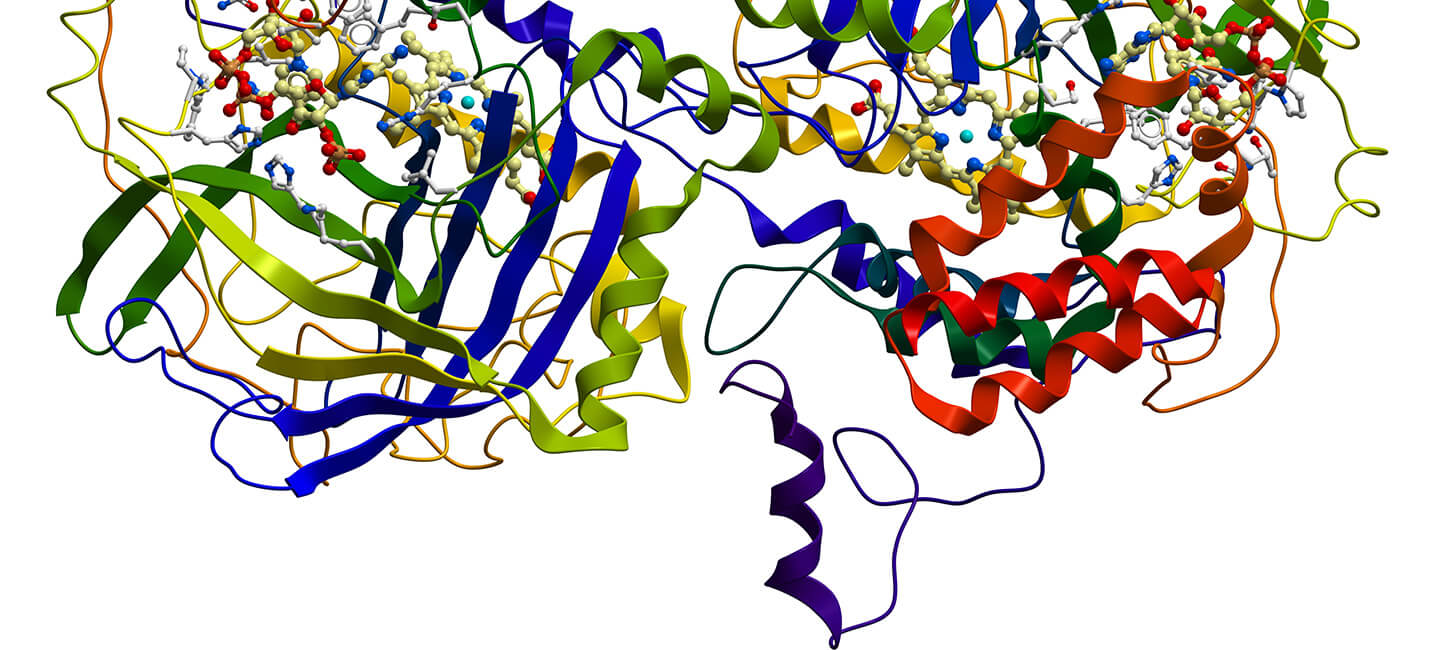Research on Antioxidant Role in Schizophrenia and Psychosis Points to Possible Therapeutic Value of Compound Found in Broccoli
Research on Antioxidant Role in Schizophrenia and Psychosis Points to Possible Therapeutic Value of Compound Found in Broccoli

Researchers at Johns Hopkins University co-led by Akira Sawa, M.D., Ph.D., a BBRF Scientific Council member, and including seven other current and past BBRF grant recipients, have published a trio of papers which report new developments pertaining to the diagnosis and treatment of first-episode psychosis and schizophrenia.
A thread connecting the three papers is the notion that levels of the neurotransmitter glutamate and related chemicals, especially one called glutathione, may play a role in the pathology involved in these illnesses.
Past studies in patients have reported reduced levels of glutathione, a chemical cousin of glutamate that functions as an antioxidant in the brain. There, as throughout the body, antioxidants combat oxidative stress—damage to cells and tissues caused by free radicals and other oxidizing compounds.
Some have suggested that oxidative stress is involved in psychiatric illnesses, including schizophrenia and psychosis. In a paper appearing in the Proceedings of the National Academy of Sciences, researchers reported that glutathione acts as a kind of reservoir for the formation of glutamate. Since deficits in glutathione have been linked to psychosis and schizophrenia, the team explained, chemical agents capable of restoring the balance in the brain between glutathione and glutamate may provide therapeutic benefit.
Authors of the paper, in addition to Dr. Sawa, a 2004 and 2002 BBRF Young Investigator and a 2011 Distinguished Investigator, included fellow BBRF Scientific Council Member Solomon H. Snyder, M.D., winner of the Lieber Prize in 2001 and the Goldman-Rakic Prize in 2003; as well as first author Thomas Sedlak, M.D., Ph.D. and Atsuki Kamiya, M.D., Ph.D., 2006 and 2007 BBRF Young Investigators, respectively.
One compound known to raise levels of glutathione in the bloodstream is called sulforaphane. It is abundant in the seeds and sprouts of broccoli and other cruciferous plants, and has shown promise in fighting damage caused by oxidative stress in animal models of brain and spinal cord injury.
In a paper published in Molecular Neuropsychiatry, Dr. Sawa and colleagues reported that a 1-week-long oral administration of suforaphane “significantly increased” levels of glutathione in five male and four female healthy human subjects, who volunteered. The broccoli sprout extract was given in two gel capsules per day over the 7-day period. The team included first author Dr. Sedlak, 2017 BBRF Young Investigator Leslie Nucifora, Ph.D., and 2013 BBRF Young Investigator Jennifer Coughlin, M.D.
The increase in glutathione was measured most robustly in the bloodstream, not the brain, where it is difficult to measure. The researchers said their results would justify other studies attempting to relate glutathione levels in the body with measures of brain dysfunction seen in disorders such as psychosis and schizophrenia.
A path appears to be cleared for such research in the third of the recent papers, appearing in JAMA Psychiatry. Dr. Sawa and colleagues used a high-powered version of technology called MRS (magnetic resonance spectroscopy) to non-invasively probe biochemistry in the brains of living people. The team on this paper included 2004 BBRF Independent Investigator David Schretlen; 2013, 2010 BBRF Young Investigator Frederick Nucifora; and Drs. Leslie Nucifora and Jennifer Coughlin.
Using high-powered MRS, the team was able to identify glutathione (among other brain chemicals) in a group of human subjects: 81 with recently diagnosed first-episode psychosis and 91 healthy controls. They found that glutathione was “significantly lower” in several key brain areas in the participants with first-episode psychosis, “lending support to the concept that oxidative stress in the central nervous system plays an important role in its pathophysiology.”
Authors of the third paper reported that participants with first-episode psychosis “performed significantly worse” on cognitive tests compared with controls. Not only glutathione levels as tested by MRS, but also levels of glutamate and the neurotransmitter GABA, appeared to correlate with the severity of the cognitive deficits. This led the team to suggest that MRS might provide useful measures of the effectiveness of future treatment trials designed to boost cognition in patients.
This idea pulls together the threads in the three papers: The impact of a treatment approach designed to boost glutathione levels—for example, giving patients sulforaphane—could be monitored by measuring levels of glutathione with high-powered MRS, thus targeting schizophrenia symptoms not traditionally improved by anti-psychotic medications.



